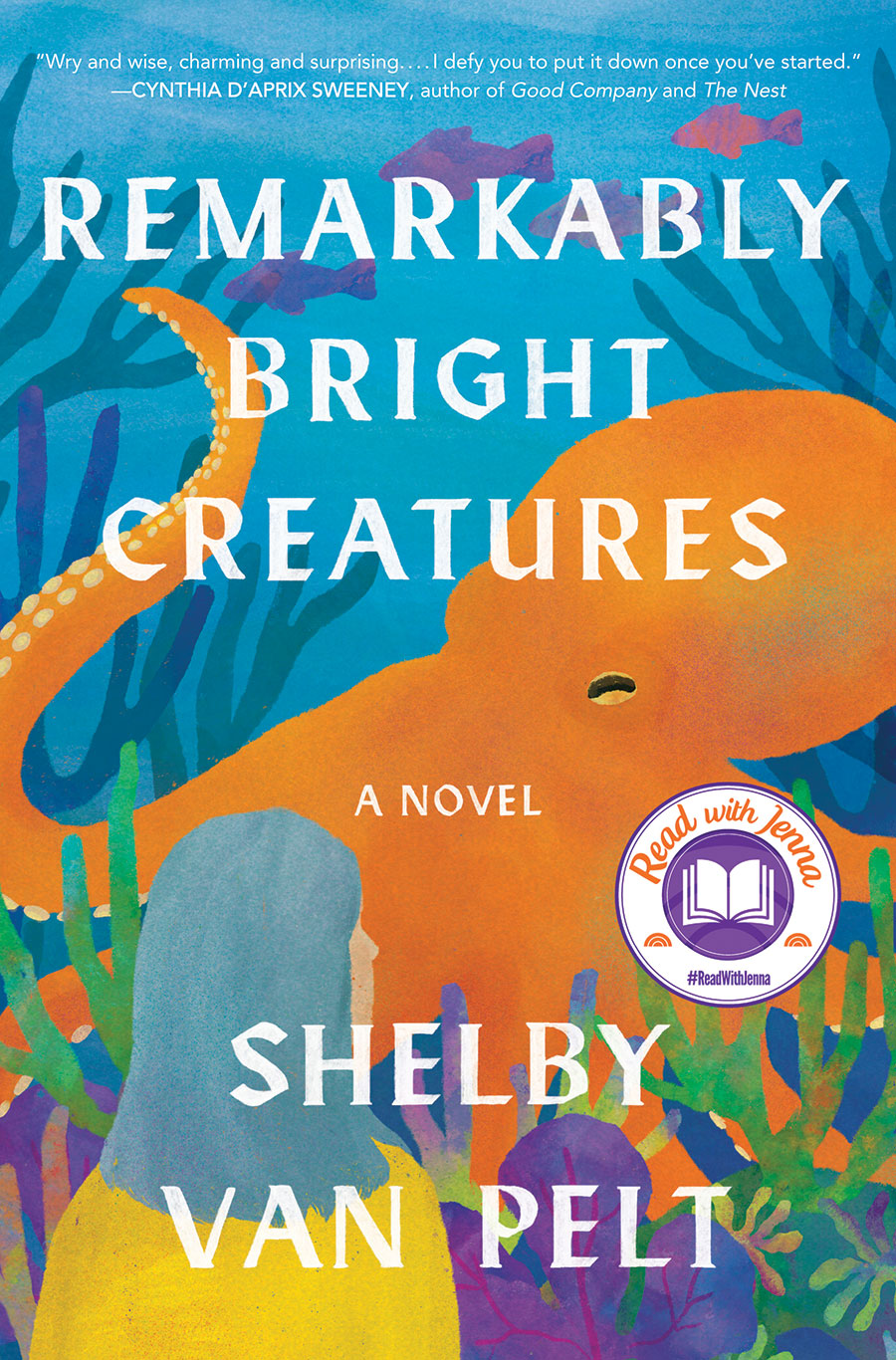Title: When Breath Becomes Air
Author: Paul Kalanithi
# of Pages: 157 (ebook)
Genre: Non-fiction, Autobiography
Rating: ★★★★☆
Synopsis: At the age of thirty-six, on the verge of completing a decade's worth of training as a neurosurgeon, Paul Kalanithi was diagnosed with stage IV lung cancer. One day he was a doctor treating the dying, and the next he was a patient struggling to live. And just like that, the future he and his wife had imagined evaporated. When Breath Becomes Air chronicles Kalanithi's transformation from a naïve medical student "possessed," as he wrote, "by the question of what, given that all organisms die, makes a virtuous and meaningful life" into a neurosurgeon at Stanford working in the brain, the most critical place for human identity, and finally into a patient and new father confronting his own mortality. What makes life worth living in the face of death? What do you do when the future, no longer a ladder toward your goals in life, flattens out into a perpetual present? What does it mean to have a child, to nurture a new life as another fades away? These are some of the questions Kalanithi wrestles with in this profoundly moving, exquisitely observed memoir. Paul Kalanithi died in March 2015, while working on this book, yet his words live on as a guide and a gift to us all.
Review: To meet my 2023 reading goal before the rapidly approaching deadline, I picked a short (~200 pages or less) book so I could finish in time.
I didn't know it was short because Kalanithi died while writing this book.
Shortly before starting this book, I read Maybe You Should Talk to Someone, a therapist's book with a significant portion dedicated to talking about a patient who battled cancer in early adulthood (sub-40s). The common message between these books is how facing death makes us live fuller lives, but we should real live the lives we want NOW because death is inevitable.
"I would have to learn to live in a different way, seeing death as an imposing itinerant visitor but knowing that even if I'm dying, until I actually die, I am still living."
I found myself reading Kalanithi's words from the perspective that he was wise and authoritative - after all, he was a very accomplished man and was even a resident as a neurosurgeon. What makes Kalanithi's story stand out amongst other doctors is how he went from being a literature major to becoming a doctor in pursuit of what makes life meaningful. Through his diverse experiences, there were a lot of notable insights for him to share, such as:
- "It's very easy to be number one: find the guy who is number one, and score one point higher than he does.": If you measure success via being better than everyone else, then your level of success is directly correlated with how good everyone around you is. If the bar for success is lower, you will also be achieving a lower level of excellence.
- "Only later would I realize that our trip had added a new dimension to my understanding of the fact that brains give rise to our ability to form relationships and make life meaningful. Sometimes, they break.": Living isn't just a manner of "being a live" - we need our brain to be able to operate in the world in a meaningful way.
- "Yet the best-informed people - doctors - almost never donated their bodies. How informed were the donors, then? As one anatomy professor put it to me, 'You wouldn't tell a patient the gory details of a surgery if that would make them not consent.": I'm not sure how I feel about donating my or loved ones' bodies to science.
At least I felt this way until he started comparing himself with Freud, who was also a successful neuroscientist, claiming that similarly wanted to move away from science to explore greater understanding of life. After this point, I couldn't help but feel reading Kalanithi as a bit domineering. He even included an bad experience with a slacking resident, which didn't show anything expect that Kalanithi was right - just as the reader would already expect.
What emotionally hit the hardest was the portion written after Kalanithi's death by his wife, Lucy. Hearing about Kalanithi's death through her was heartbreaking and really made the book end on a strong note. I would even dare say that I was more moved by her writing style and account of events than any portion earlier in the book written by Paul.
It's a short read, so I thought it was worth my time, even if it is unfinished. I would recommend it for those interested in Paul Kalanithi and can handle the heavy topics.











